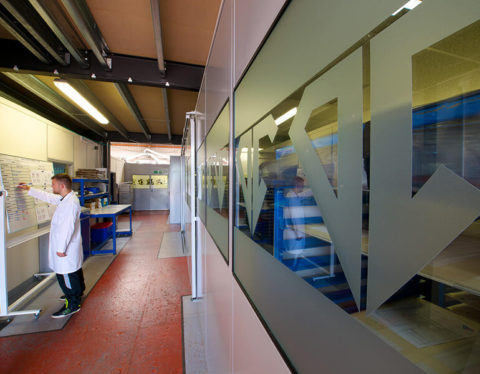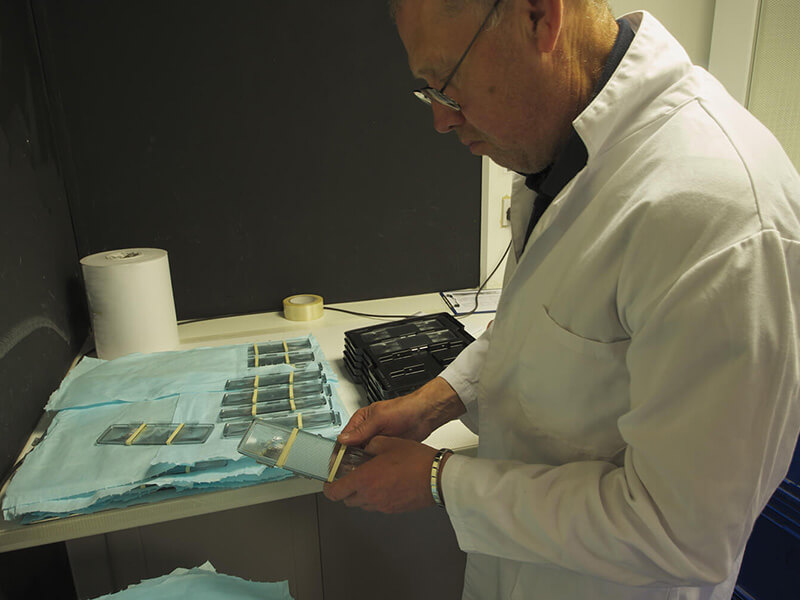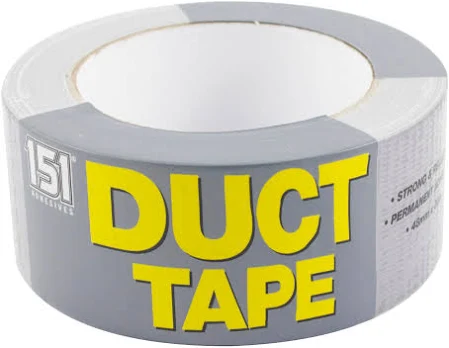
Coated Glass Factories
At Diamond Coatings, we’re not just about providing high-quality coated glass solutions; we’re also committed to manufacturing excellence
All orders placed between December 20th and January 2nd will be processed on January 3rd

Anti Reflective Coated Glass
The usage of anti reflective glass is clear (sorry, couldn’t resist) but its importance for an enhanced visual experience is perhaps underrated. Let’s explore the benefits of anti reflective glass in detail…
Where is anti reflective coated glass used?
There are various applications that immediately spring to mind: Spectacle lenses being an obvious one yet there are many other areas that utilise anti reflective properties that you may not have thought of. Retail environments, such as showrooms and major stores for instance. These situations are often well lit, and the excess light will always cause a reflection. The retailers do not want you to be checking yourself out, they would much rather you were inspecting the goods on display.
On an environmental level, anti reflective coated glass is pretty much crucial for the performance of solar panels. Uncoated solar panels can reflect up to 30% of the suns rays, meaning only 70% of the photons will reach the solar cell. By introducing anti reflective coated glass, the solar panel will produce more energy using the same amount of sunlight. This in turn improves overall sustainability as the cells produce an increased amount of energy over its lifetime.
Art galleries and museums across the world also favour anti reflective coated glass for the paintings and exhibits. Again, these items, normally behind a glass panel, would be well lit so having an anti reflective option will improve the viewers experience greatly. More recently domestic use has soared – homeowners want to display their own works of art or family portraits in the best possible way.
Zoos and especially aquariums also benefit from anti reflective glass panels as well as VIP areas within sports stadiums.
Other areas utilising anti reflective coated glass include hospitals, especially areas of concern and required confinement such as intensive care and maternity units.
Diamond Coatings anti reflective coated glass
Diamond Coatings supply a range of antireflective coatings that offer enhanced optical performance by reducing reflection and glare. The coatings can be supplied on glass and also onto acrylic or polycarbonate substrates. We also manufacture and supply an antireflective PET film.
Our antireflective (AR) coating is conductive with a sheet resistance of typically 1000+ ohms/sq and comes with the following available options:
DIAMOND-AR – Multi-purpose to suit customers’ needs
DIAMOND-AR WET – Acrylic sheet with dipped AR coating giving approximate reflection of 3%
DIAMOND-AR VAC – Vacuum deposited AR at various wavelengths to suit customer requirements with average reflection of 0.5%
DIAMOND-AR COND – ITO conductive coating combined with multilayer AR
Our anti reflective coated glass options dramatically reduce reflections to a fraction of what is the norm for conventional glass, ensuring crystal clear transparency, regardless of light levels on either side of the glass.
Industry leaders in anti reflective coated glass
At Diamond Coatings, We have the capability of applying anti reflecting coatings to larger parts, up to 650mm x 650mm, as well as laminating AR coated film to larger areas. which is considerably more than industry standard within the coatings market. We are continuously developing new coatings – many of which are designed specifically to meet client-specific requirements.
Talk to us about your anti reflective requirements
Our technical team welcomes any specific enquiries as well as being on hand to answer any more general enquiries regarding our anti reflective coating options. Please get in touch with us so we can be of assistance.

At Diamond Coatings, we’re not just about providing high-quality coated glass solutions; we’re also committed to manufacturing excellence

Our ITO films provide a transparent and conductive layer that enables seamless touch interaction while maintaining optimal clarity

Advancements in coating technology have led to the development of highly effective scratch-resistant coatings that enhance the durability and longevity of acrylic.

If your project requires a material that can effectively conduct electricity, several excellent alternatives to duct tape are available
If you are interested in any of our products or services, please use the contact form or give us a call, we will be happy to discuss how we may be able to help you.